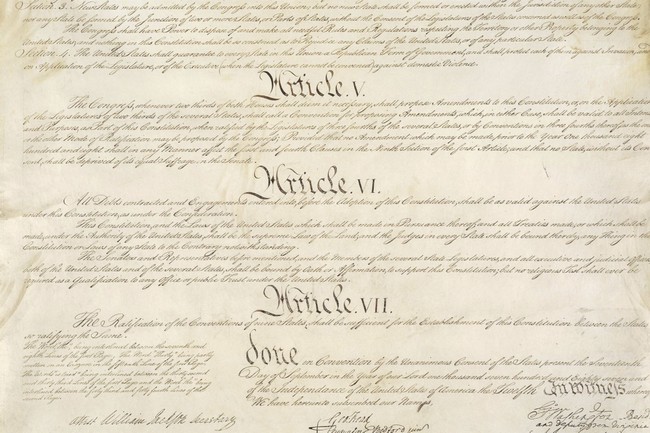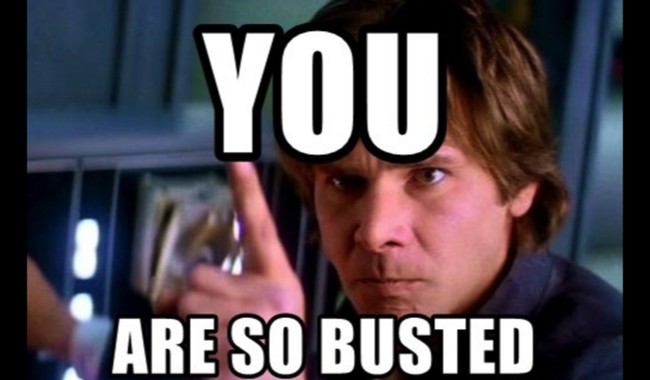ARTICLE AD BOX
Sophie In ‘t Veld is co-lead candidate for Volt Europa, and Francesca Romana D’Antuono is the co-presidents of Volt Europa.
Europe must come together and form a unified foreign policy that prioritizes halting the bloodshed in Gaza. It must do so for the sake of thousands of Gazans, for the sake of the political futures of both Israel and Palestine, and — finally — for the sake of Europe itself.
After the announcement that the International Criminal Court’s (ICC) chief prosecutor would be seeking arrest warrants for senior Israeli and Hamas leaders, European leaders were all over the place. And as this dizzying array of reactions has been leaving Europe largely irrelevant in this conflict, it also shows the stark need for a coherent European foreign policy.
The EU’s playing a dangerous game, sticking to 27 largely ineffective foreign policies rather than having one voice. This includes the fundamental question of the recognition of the Palestinian state — which seems like a logical step toward a two-state solution, and yet, it isn’t supported by all EU countries.
We’re losing sight of what’s at stake: There are wars raging in Ukraine and Gaza; wars raging in our direct region. Forget about the EU being a global power, Europe will cease to be even a regional power if it doesn’t get its act together.
Furthermore, these conflicts have the potential to divide our society the longer they rage on. And in practice, we’re already seeing the first signs of this happening.
Tensions are rising in communities that feel they have a stake in the conflict, and there’s been an increase in both antisemitism and Islamophobia. Jews in Europe are being conflated with the acts of the Israeli government, while residents and citizens of Arab origin are being repeatedly required to condemn Hamas — as if they have something to do with the organization by virtue of ancestry. As a result, voices for peace are being drowned out, and far-right groups are lobbing peace protesters in with Hamas sympathizers.
It’s time Europe returned home from its responsibility vacation.
EU leaders were very forceful in condemning the brutality of Hamas’s Oct. 7 massacre — rightly so, especially as it reawakened deep-seated fears and traumatic memories for Israelis. Lest we forget, over 120 people are still being held in Gaza. But a similar forceful response to the violent statements made by senior Israeli politicians, army chiefs and prominent figures has been absent — bar some exceptions. Inaction has so far only led to more well-documented bombings of civilians, induced starvation and throttled critical aid.
 The United Nations General Assembly voted overwhelmingly in favor of enhancing Palestinian statehood. | Michael M. Santiago/Getty Images
The United Nations General Assembly voted overwhelmingly in favor of enhancing Palestinian statehood. | Michael M. Santiago/Getty ImagesWe’re now at a point where a credible case for genocide is before the International Court of Justice, as well as prosecutors looking into war crimes and crimes against humanity at the ICC. These bodies are moving at speed to apply international law, while Europe — as the biggest power in the region — is absent.
The EU seems incapable of finding a coherent voice, even one that condemns human suffering. So, let us start there, and develop a truly common EU foreign policy based on this basic notion.
There’s good and bad news here. The bad news is, one cannot develop a fully-fledged common foreign policy overnight. The good news, however, is that the bar has been set very low. Even better, there are some rock-solid guidelines in our EU Treaties, which we can start applying today. We can start with a foreign policy — even if modest — that coalesces around some of our most fundamental values: respect for human dignity and international law.
Humanity must be our lowest common denominator, from which we build up credibility and political capital on the world stage. Because, make no mistake, both are in a dire state.
All this must start by applying tough love to Israel’s government. The ICC’s Office of the Prosecutor made it clear it believes some of the government’s actions amount to crimes against humanity, and the stated goal of releasing hostages isn’t served by Israel’s conduct. Our human response to the massacre on Oct. 7 has shackled us to an Israeli prime minister who’s serving his personal interest and those of the fringe groups in his government. And in doing so, we’ve given up our autonomy and our agency to work toward peace.
But it doesn’t need to be this way. Having a common foreign policy based on upholding core values and committing all parties to international law would immediately unlock the paralysis in which we find ourselves.
It’s also time for Europe to read the room. The United Nations General Assembly voted overwhelmingly in favor of enhancing Palestinian statehood, while the collective West is growing increasingly isolated after choosing to either abstain or vote against. Moreover, the vote itself will likely soon be overturned by the U.N. Security Council in which the West is overrepresented.
We may formulate all kinds of reasons for our stance but, the truth is, the rest of the world has already formed its opinion. They see hypocrisy written all over the West’s response.
This can change — if we want it to. By returning to our core principles, we can somewhat correct this image of Europe. We invoked international law to assert Israel’s right to defend itself against the attacks from Hamas on Oct. 7. Now, we must support international law when it comes to protecting the lives and the right to self-determination of Palestinians.
Efforts toward a cease-fire and the start of a new peace process in the region need to become Europe’s obsession. Even if we’ve failed once or twice in the past, even if we’ve failed for 75 years, we must try to make this work — until it finally does.
.png)
 9 months ago
5
9 months ago
5








 English (US)
English (US)